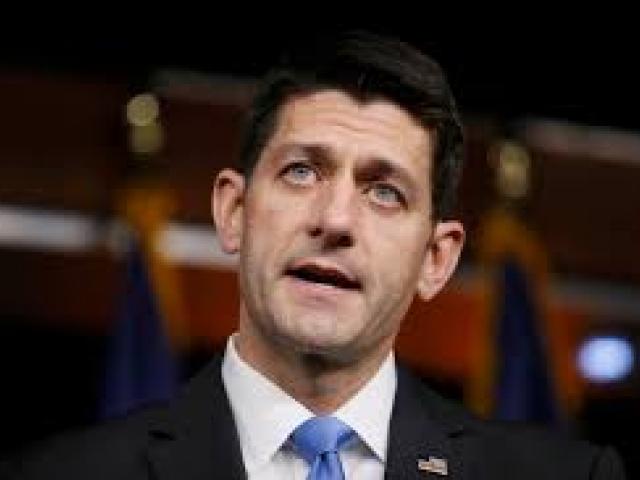
US House Speaker Paul Ryan says he sees no point in bringing up the Trans-Pacific Partnership trade deal for a vote in any "lame duck" session of Congress after November elections, because "we don't have the votes."
"As long as we don't have the votes, I see no point in bringing up an agreement only to defeat it," Ryan, a Republican, said in an interview with Wisconsin Public Radio.
Despite US presidential candidates Hillary Clinton and Donald Trump bashing the 12-country Pacific trade deal on the campaign trail, Obama administration officials have pledged to make a major push in coming months to persuade the Republican-majority Congress to pass TPP.
Backed by dozens of business and industry groups, officials from the US Commerce Department, the US Trade Representative's office and the White House say they are continuing to talk with individual lawmakers about the merits of the deal, including its consequences for US leadership in Asia.
But Ryan said the Obama administration had negotiated a deal that "cost them dozens of votes in Congress," and said the Democratic president needed to renegotiate some components.
The Speaker said some agricultural and labor provisions needed fixing, and he also believed the deal would reduce intellectual property rights for biologic drugs and pharmaceuticals.
For US drugmakers the deal could reduce the patent protection period to eight years from the current 12. Senator Orrin Hatch, the influential Republican chairman of the Senate Finance Committee, has also raised this as a major problem with the deal.
"They have to fix this agreement and renegotiate some pieces of it if they have any hope or chance of passing it," Ryan said in the radio interview, but added that he was doubtful this could happen.
"I don't see how they'll ever get the votes for it."
If ratified, the TPP would be the largest regional trade deal in history, with the US, Australia, New Zealand, Canada, Japan, Mexico, Brunei, Chile, Malaysia, Peru, Singapore and Vietnam signatories.
President Barack Obama leaves the White House on January 20 next year and approval of the TPP would be considered one of his great achievements during his eight years in office.
The stakes are high for the US, with a recent Peterson Institute of International Economics study estimating failure to approve the TPP would cost the US about $US94 billion in its first year.
The trade deal is also viewed as strengthening America's position in the Asia-Pacific, while decreasing China's influence.
The US presidential election is on November 8.
- Reuters and AAP












